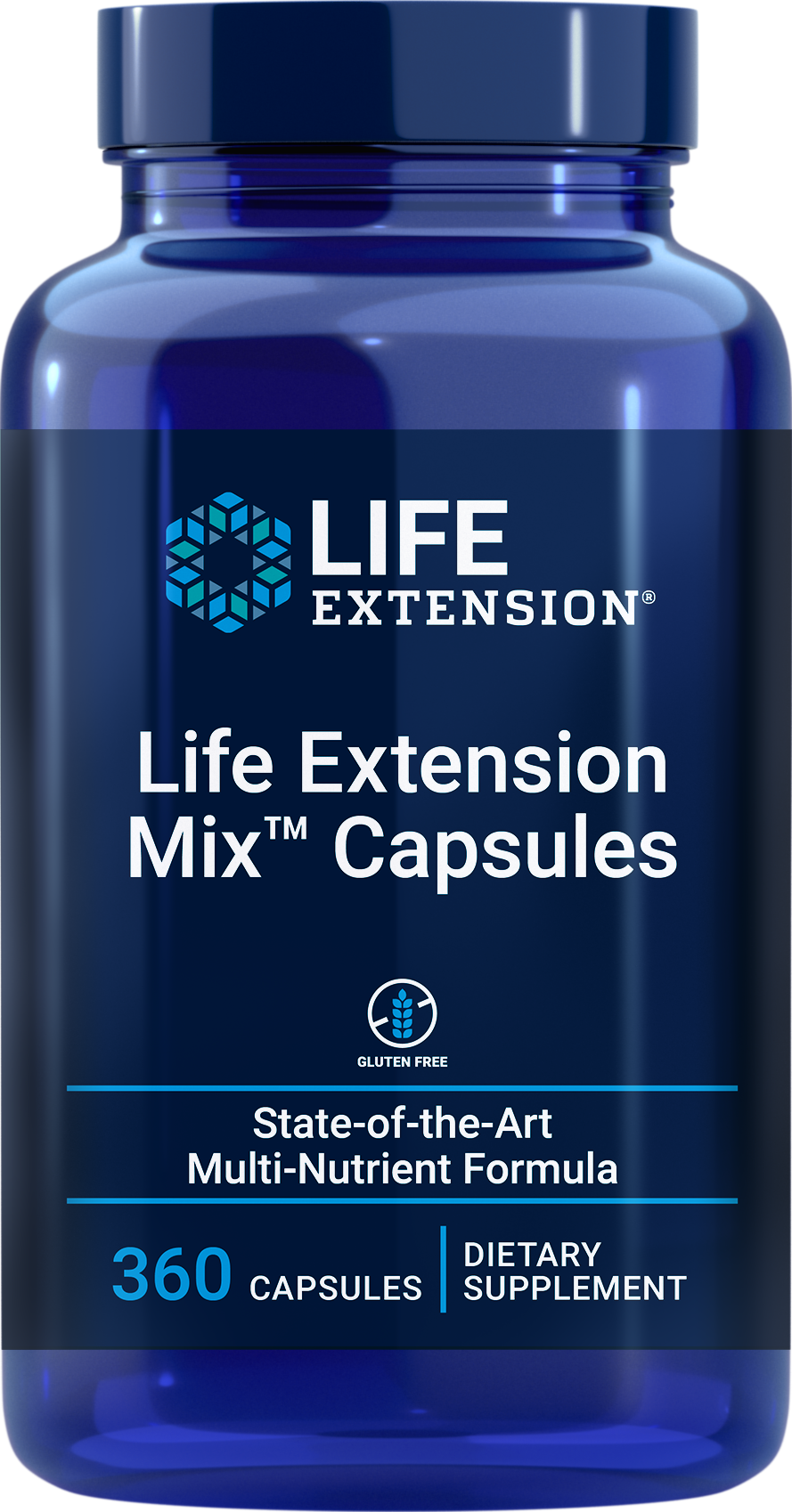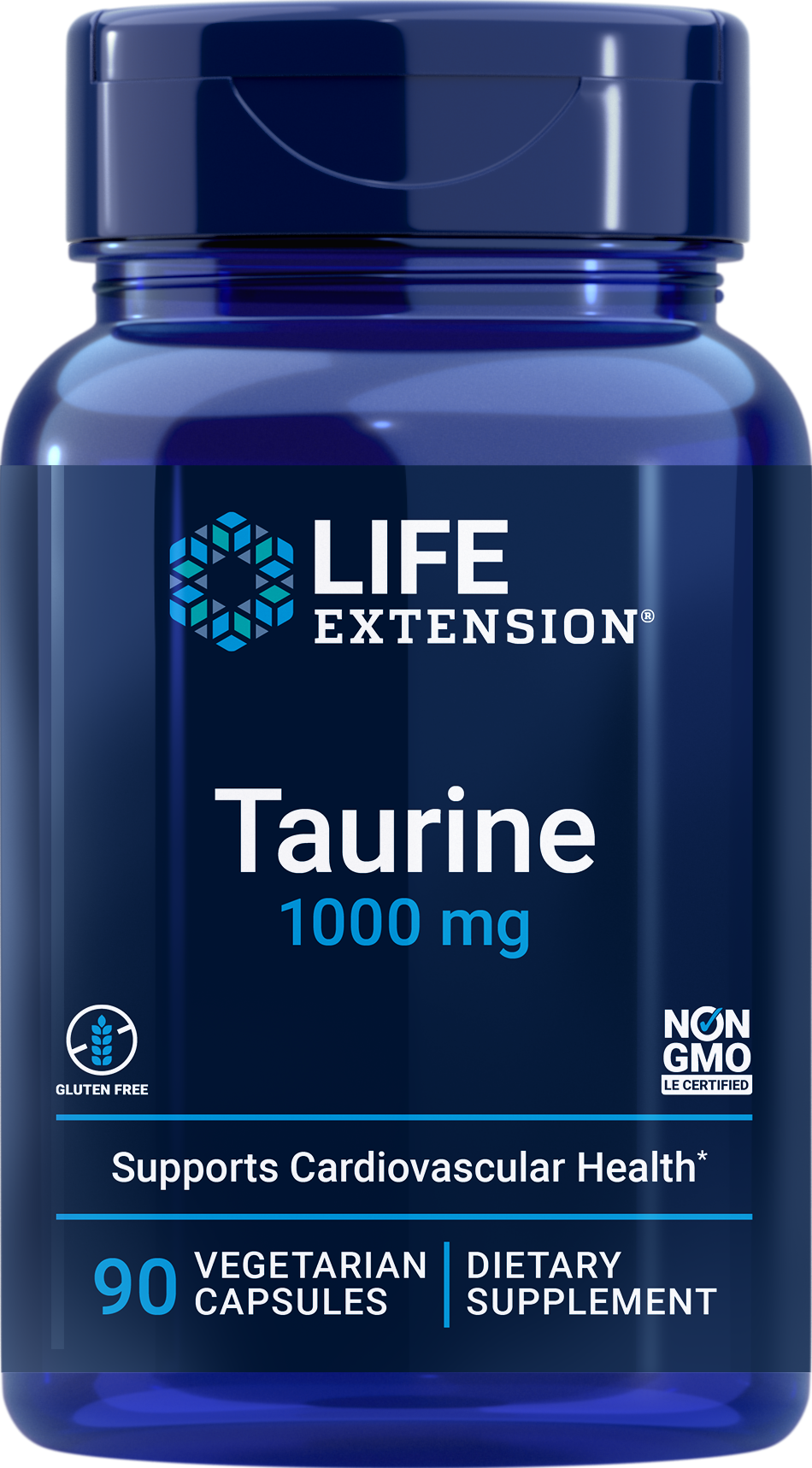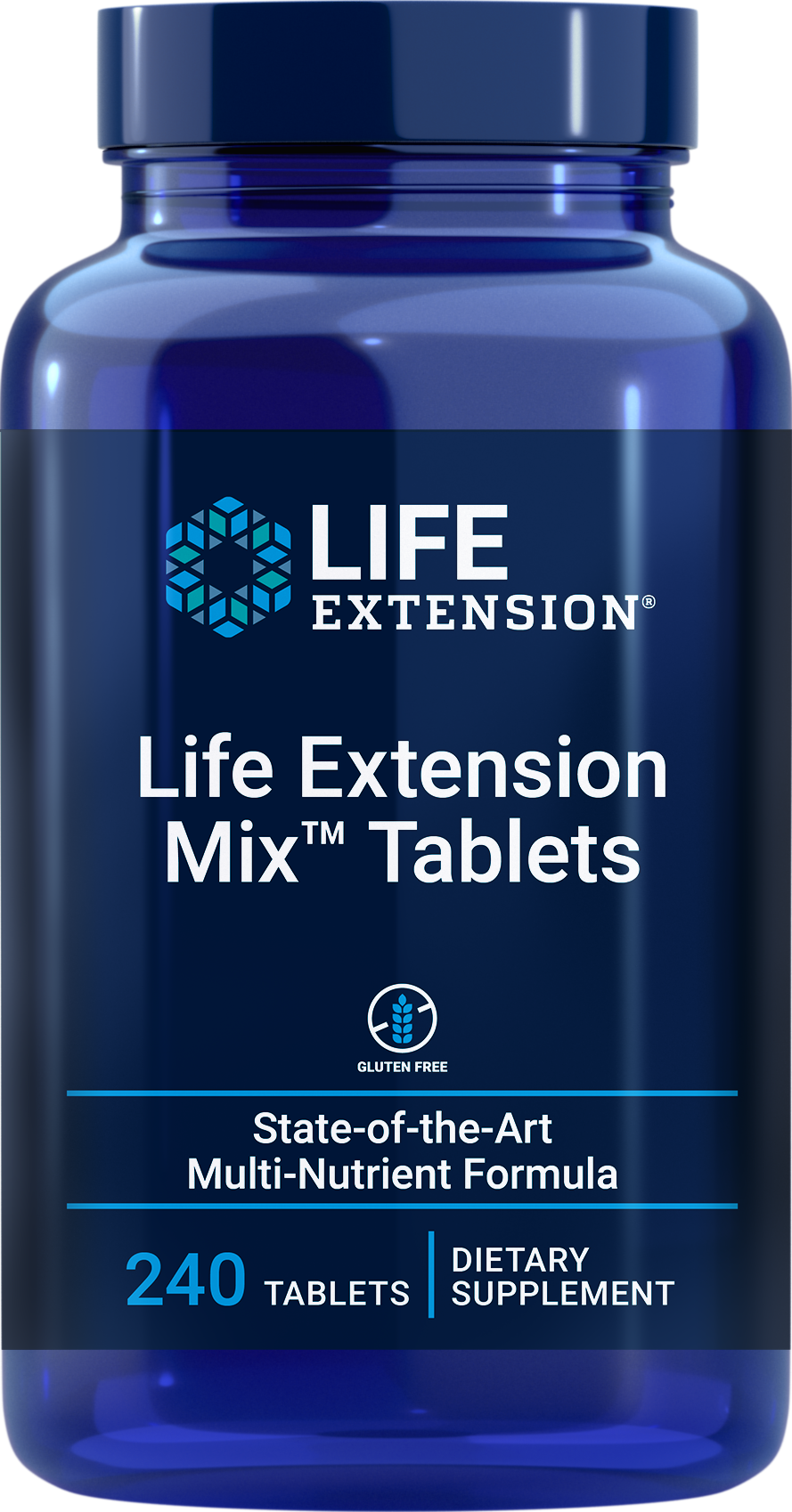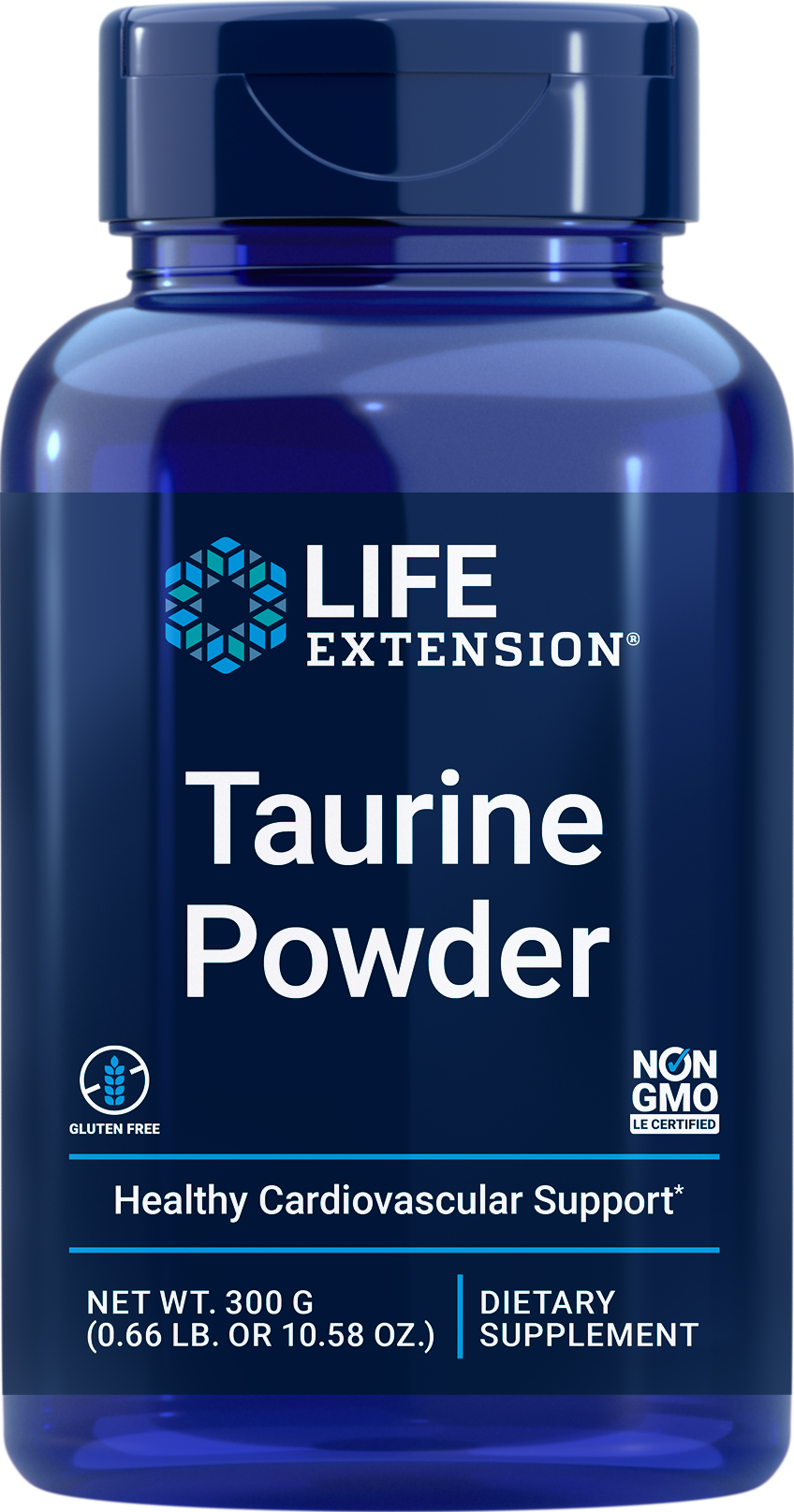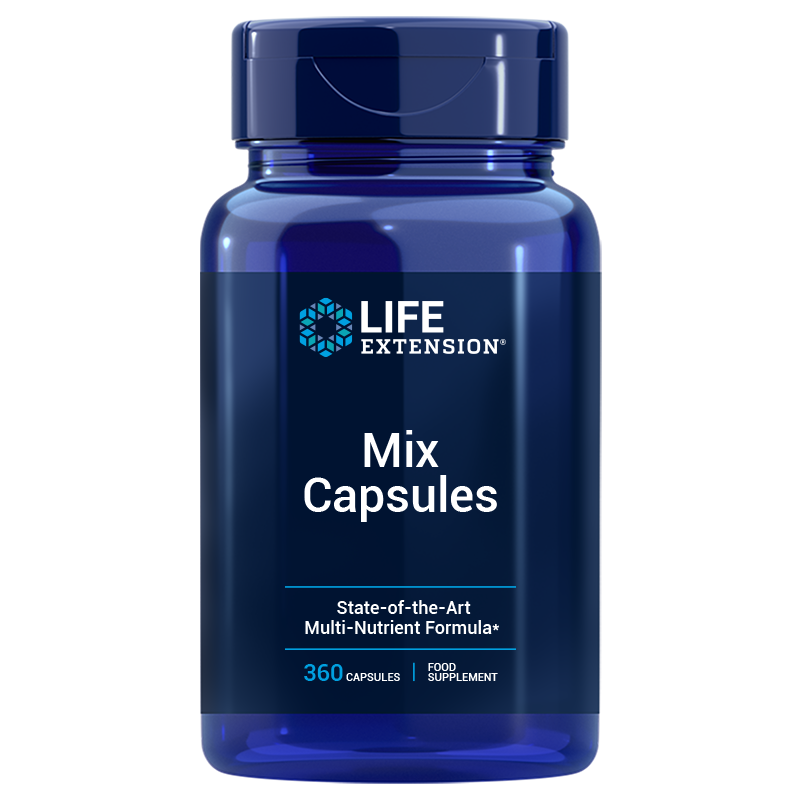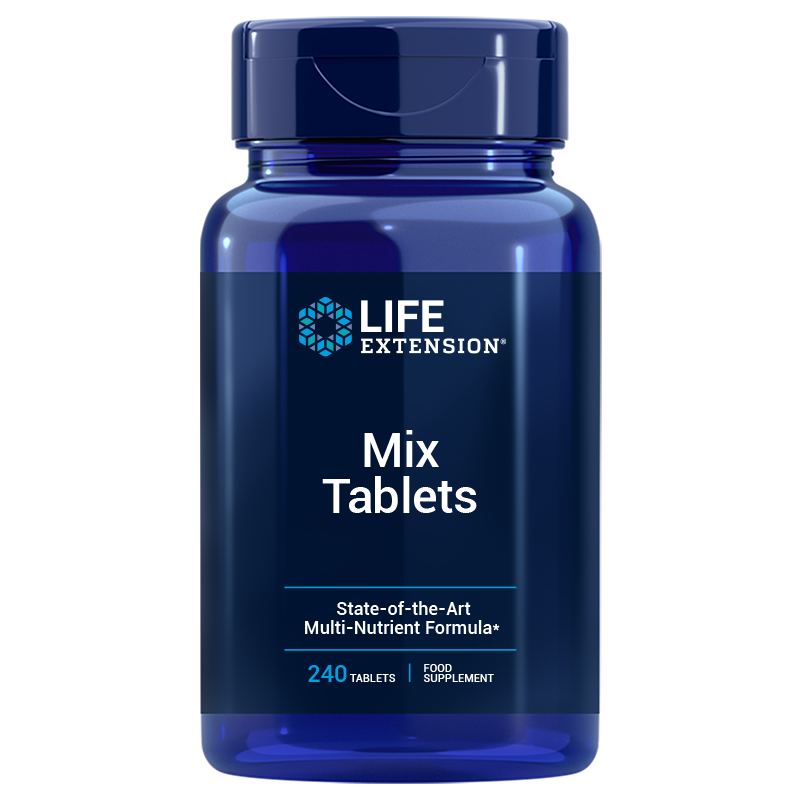
Taurine
Taurine is one of the most abundant intracellular amino acids in the body that facilitates a diverse range of biological functions.
Taurine is produced from the amino acid L-cysteine and found in nearly all tissues. Researchers have described it as "one of the most essential substances in the body".
What is taurine?
Taurine is a sulfur-bearing amino acid that's present in relatively large amounts in several of the body's organs, like the heart and brain. In fact, it accounts for roughly 50-60% of the free amino acid pool in your body, which means it has a big job to do.
However, taurine is different from most other amino acids because it's never incorporated into proteins. In other words, while most amino acid molecules combine to form proteins (which play their own very important role), taurine is used in a variety of other ways — everything from exercise performance to the synthesis of bile.
One finding that makes taurine particularly interesting is that the human body produces transporter proteins specifically targeted to this nutrient. These transporters allow most cells in the body to take up and concentrate taurine within them. That's because cells need taurine.
Taurine is a semi-essential nutrient and an antioxidant. This means that you can get it from your diet, although taurine isn't found in plant-based foods. The human body does produce some taurine as well.
Benefits of taurine
Maybe you've heard of taurine but don't know much beyond its usage in energy drinks. Strong epidemiological evidence suggests that certain groups with the longest life spans consume higher amounts of taurine than those of us in the rest of the world.
Taurine is produced in small amounts by the body, but production drops with age. By adulthood, the production of taurine is inadequate to maintain optimal health.
Research suggests that increasing taurine supply may have potential benefits for cardiovascular disorders, high cholesterol, Alzheimer's, liver conditions, and extending lifespan.
The best way to maintain higher taurine levels is through diet or supplementation. Dietary sources include seafood like scallops, mussels, and clams. Dark meat turkey and chicken are also good sources of taurine.
Taurine supplementation
Most successful clinical studies with taurine have used daily doses of 1,500 mg to 3,000 mg. It's challenging to obtain this amount of taurine from dietary sources.
Studies show that taurine supplementation can:
- Support energy metabolism & help keep the mitochondria working optimally
- Help prevent diabetes and obesity
- Improve cholesterol and triglyceride levels
- Lower blood pressure
- Ameliorate insulin sensitivity
- Contribute to preventing brain aging and improving cognitive impairment
- Strengthen heart muscle cells, extends their life span, and protects them from damage
- Reduce many of the factors that produce atherosclerosis and its deadly consequences.
- Protect retinal and inner ear cells from damage
- Normalize the flow of calcium ions they require for proper function
- Moreover, evidence is growing for taurine’s role in preventing epileptic seizures and liver disease, two conditions that can be attributed to toxic effects on delicate tissue
If you are interested in a longer, healthier, and more active life, consider supplementing with taurine.
Taurine
Out of stock
See recommended product
Out of stock
See recommended product


